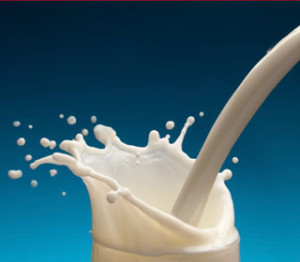Seems like every company today is coming out with their own version of the “plant-bottle”. However, it is important to know that not all “bio-based” plastic is biodegradable. There are major differences between compostable, bio-based, biodegradable, and oxo-biodegradable labels (refer to “Green Labels” section of this website).
There is a new material on the market being used in all sorts of products called Ecoflex (tradename) and it comes from Germany. Although this plastic is considered biodegradable, it is made from petroleum (oil) based resin. However, this plastic will biodegrade when immersed in a commercial composting system (according to ASTM D6400 testing standard). On the contrary, when looking at Coca-Cola’s Plant Bottle which is made from 20% renewable materials (i.e. starch), it is not considered biodegradable or compostable…just recyclable. Thus it is important not to get caught up in the marketing of these products and learn to look at the labels and try to understand “why is this biodegradable?” or ask yourself “how much of this product contains renewable materials?”
Look for this label on plastics to see if they are compostable or not.
Want to learn more about all the different types of labels and requirements of them? Go to Eco-savy’s Green Label section by clicking here .

